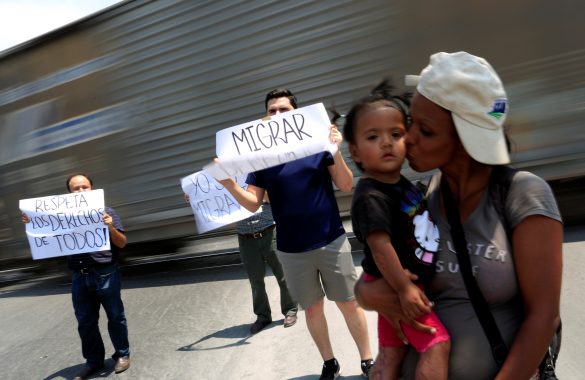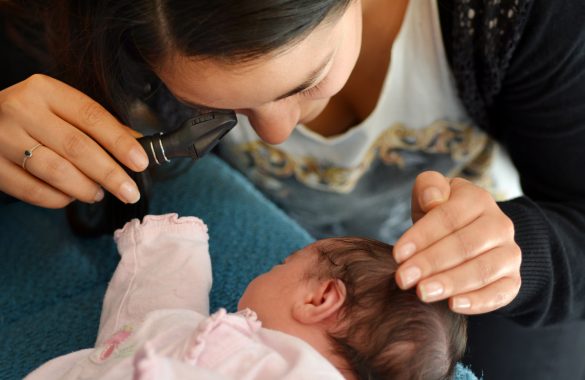Health clinics that serve unauthorized immigrants often see their patients avoid seeking care when immigration enforcement is active nearby. IPL researchers looked for this trend in the San Francisco Bay Area and found no sign that immigrants there reduce their use of health services at times when they might have greater reason to fear deportation. It could be that the city's inclusive health system and welcoming climate act as a buffer against these otherwise threatening events.
With greater recognition that prenatal care is essential for newborns’ health, more states have expanded coverage to include unauthorized immigrant women. While motivated by concern for future U.S. citizen children, these programs have long-term, life-changing benefits for mothers as well.
Should unauthorized immigrants who were brought to the United States as children be granted permission to live and work in the country? In the heated debate over Deferred Action for Childhood Arrivals (DACA), it is often overlooked that these young adults are also raising children who are U.S. citizens. IPL examined the intergenerational health effects of DACA to find out how these children's lives change when their parents no longer fear being deported.
As Americans become increasingly anxious about the future of the U.S. health care system, efforts to open services to immigrants have faced fresh opposition. To steer the debate from ideology to evidence, the Lab studied Oregon’s expansion of prenatal care to unauthorized immigrant women. With greater knowledge of the effects on public health, state finances, and individual lives, policymakers around the country can find a way past the political stalemate and design successful reforms.






